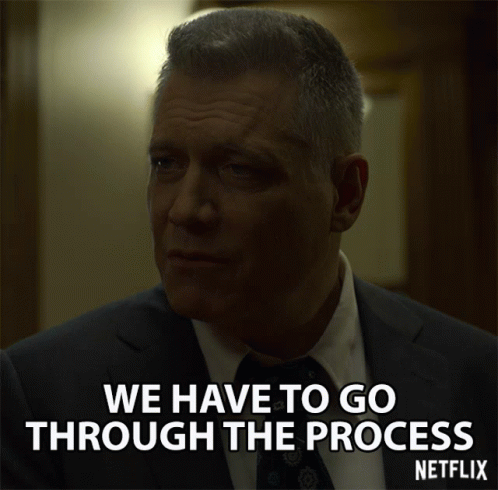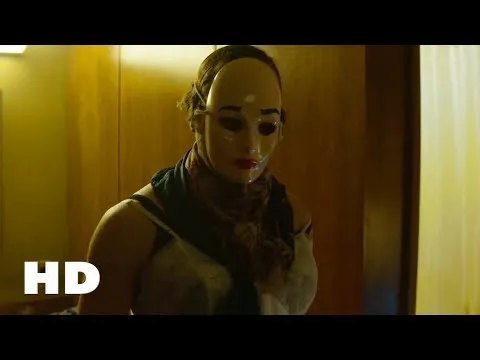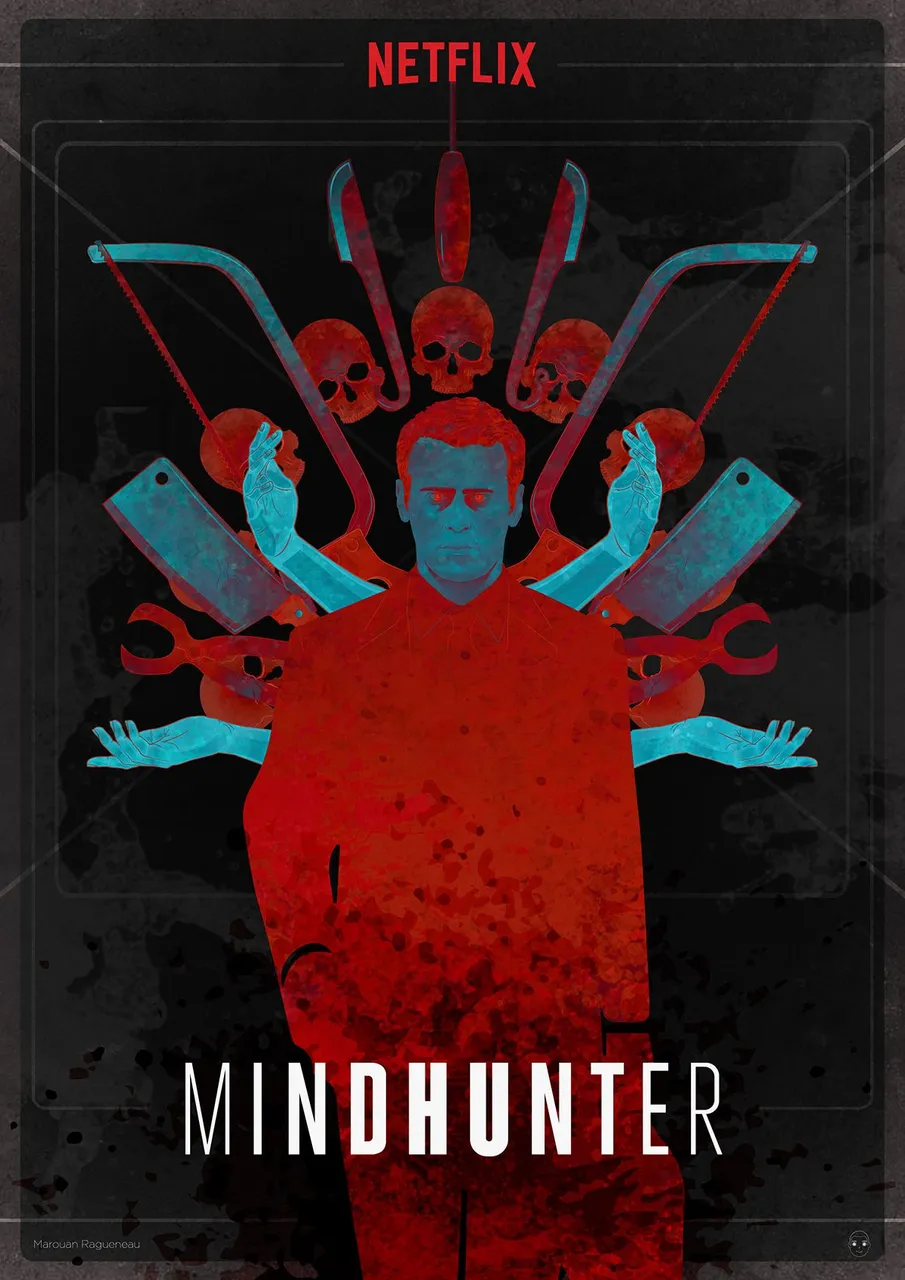
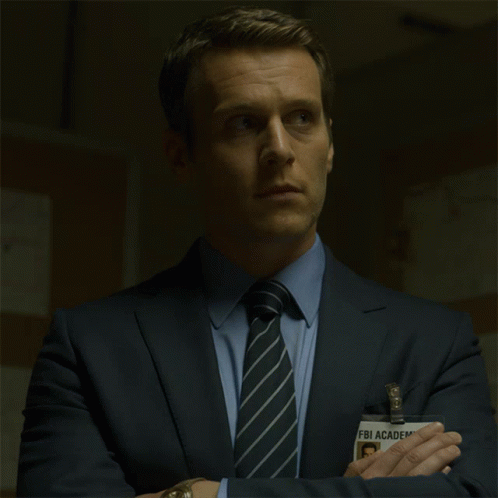
1995, John. E. Douglas and Tom Olshaker published a groundbreaking book called "Mind Hunter". It recounts the first author's decades of experience within the FBI's Behavioural Science Unit at Quantico, Virginia, USA. It details the details behind the hunt for these peculiar criminals. Those who seem to have no apparent motive for destroying the lives of their victims. Some had not even seen or spoken to their "prey" before they did what they did. In 1970, 25 years before the publication of this impressive book, no one knew why these murders occurred. In fact, they were called "stranger killers" because they were unrelated and unconnected, in most cases?
Thus, through this piece of research, anecdotes and, above all, the real life experiences of a detective and his colleagues, which begins with the successor to "The Mask of Sanity" (in reference to the book on clinical psychiatry written by Dr. Hervey Cleckley in 1946, which develops psychopathy in many areas and which is briefly paid tribute to in the series), the series begins in the context of the context of the "Mask of Sanity" (in reference to the book on clinical psychiatry written by Dr. Hervey Cleckley in 1946, which develops psychopathy in many areas and which is briefly paid tribute to in the series). Thus begins the context for what in 2017 would be a revolution in terms of the series format. Netflix, together with David Fincher (director and co-writer of the script of Mindhunter: the series), started an ambitious project where the content of the book is taken to the small screen, and which carved the successful and characteristic path that the "N" stream platform has today.
1995, John. E. Douglas y Tom Olshaker, publican un libro pionero en su momento, de nombre "Mind Hunter". Cuenta la experiencia de décadas del primer autor dentro de la Unidad de Ciencias de la Conducta del FBI, en Quantico, Virginia, EE.UU. En él, se detallan los pormenores que están detrás de la caza de estos criminales tan peculiares. Aquellos que no parecen gozar de un motivo aparente para destruir las vidas de sus víctimas. Algunos, ni siquiera habían visto o hablado con sus "presas" antes de hacer lo que hicieron. En 1970, 25 años antes de la publicación de este libro impresionante, nadie sabía por qué ocurrían estos asesinatos. De hecho, se les denominaba "asesinos de desconocidos" porque no guardaban relación alguna ni vinculaciones, en el mayor de los casos...
Es así, como a través de esta pieza de investigación, anécdotas y sobre todo, vivencias reales de un detective junto a sus colegas que se inicia con el sucesor de "La Máscara de la Cordura" (en referencia al libro de psiquiatría clínica escrito por el doctor Hervey Cleckley, en 1946, que desarrolla a la psicopatía en múltiples ámbitos y que es homenajeado brevemente en la serie). De este modo, arranca el contexto para lo que en 2017 sería una revolución en cuanto al formato de series se refiere. Netflix, junto a David Fincher (director y co autor del guión de Mindhunter: la serie) dan inicio a un ambicioso proyecto donde el contenido del libro es llevada a la pantalla chica, y que labró el camino exitoso y característico que hoy tiene la plataforma de stream de la "N".
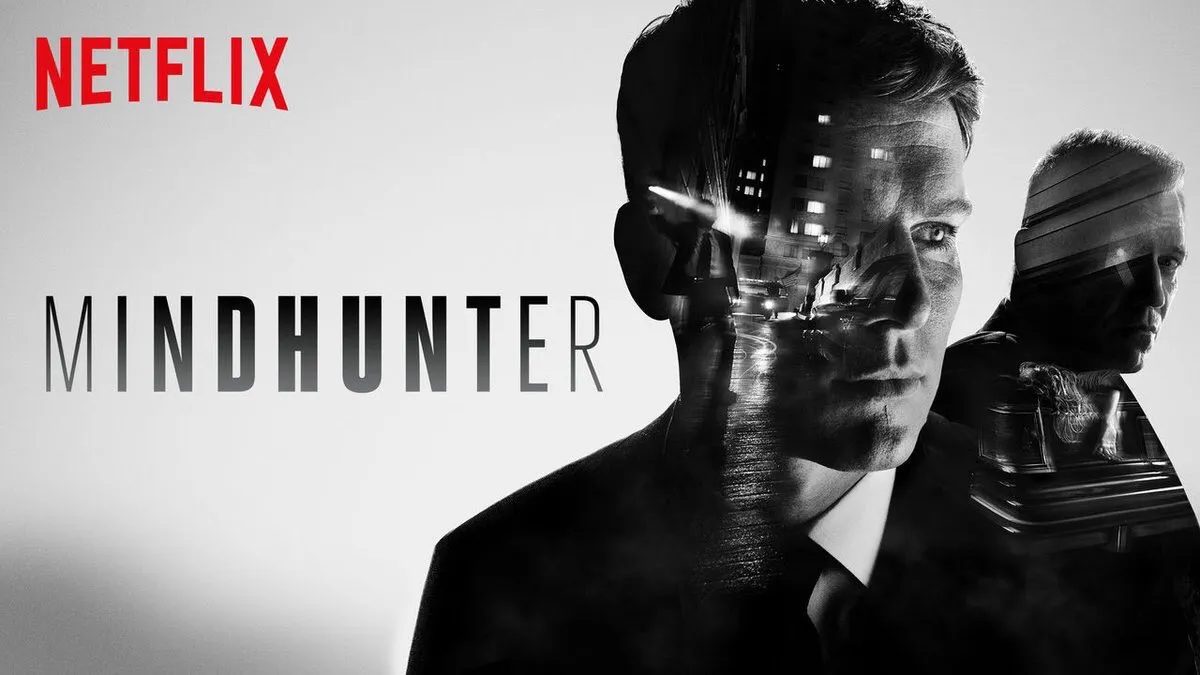
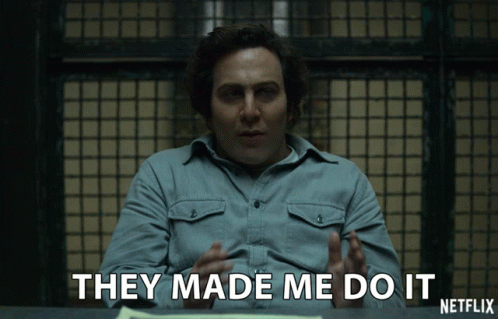
You see, I have decided to make this post, because a couple of days ago it has been known from the mouth of the creator himself and in charge of this project, the famed and talented David Fincher, that "Mindhunter will not continue. There will be no third season," the filmmaker said. It is incredibly expensive to make this series, and the platform is not interested in continuing to invest because, from their point of view as a company, they don't see the profits reflected. However, beyond the corporate motives, here I come to make an analysis of one of the modern works with the best photography, plots, dialogues, interactions and above all, the best archive material, not in the world of series, but in cinema in general.
Verán, he decidido hacer este post, debido a que hace un par de días se ha sabido de boca del mismísimo creador y encargado de este proyecto, el afamado y talentoso David Fincher, que "Mindhunter no seguiría más. No habrá tercera temporada", señaló el cineasta ¿Los motivos? Es increíblemente costoso hacer esta serie, y a la plataforma no le interesa seguir invirtiendo porque, desde su apreciación como empresa no ven las ganancias reflejadas. No obstante, más allá de los motivos corporativos, aquí vengo a hacer un análisis de una de las obras modernas con mejor fotografía, argumentos, diálogos, interacciones y sobre todo, material de archivo mejor logradas, ya no del mundo de las series, sino del cine en general.
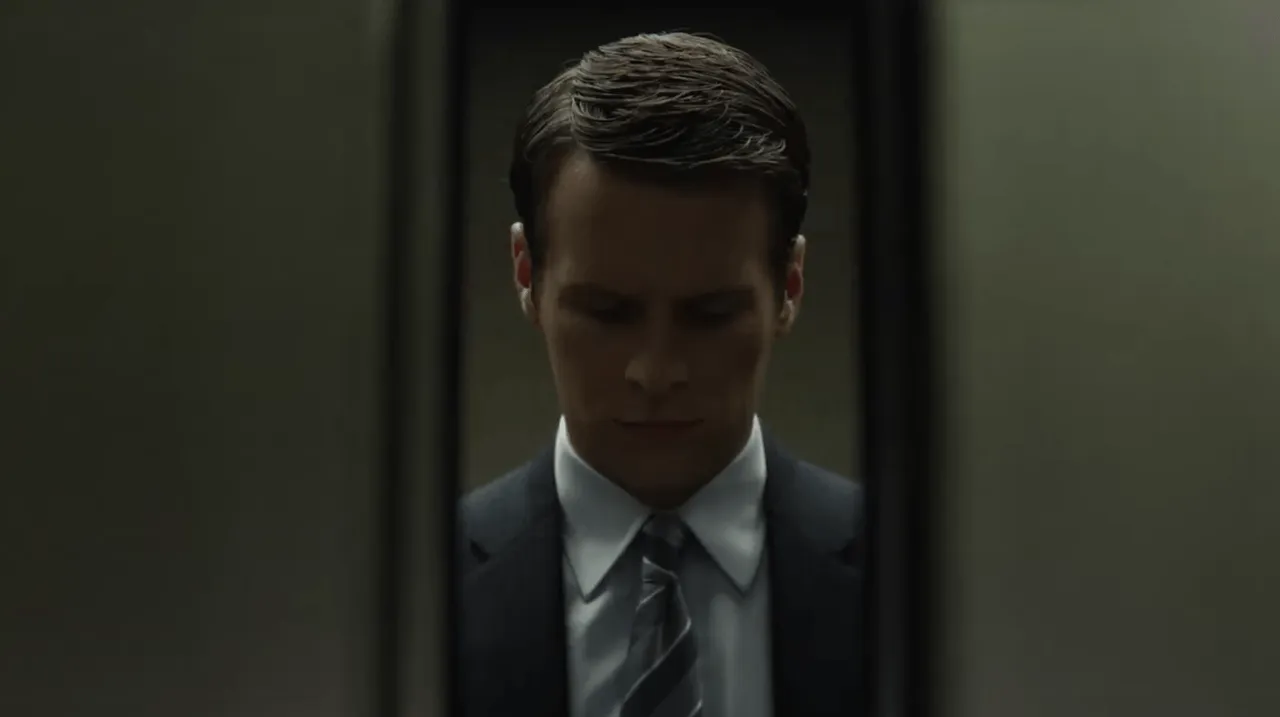
Five years ago, the subject of criminal psychopathy was not as well evaluated and accepted as it is today. In fact, if you look at it, nobody was betting, back then, on making films or series with this theme. The recurring archives for this material were in literature, but always (or almost always) with a focus on horror and horror. That is to say, the individual variants, behaviours and events that made a human being transcend all ethical and moral limits to become a real killing machine were not usually studied. I'm not saying that Mindhunter achieved that, but it does explain many of the things that we know today but were completely unknown at the time.
In this sense, the very definition of "serial killers" did not exist. In fact, it was Robert Ressler, who in the series is played by a character named "Bill Tench", who is the author of that definition. And that is precisely what makes Mindhunter great, that it is meticulous. It's an ode to the investigative method. Not only is it a psychological thriller that keeps the viewer glued to the chair, but it employs the techniques of police investigation with the most scientific branch of psychology: where the characteristics of the self are studied, classified and organised. Ed Kemper, famous serial killer and meticulous as no other, is the best representative of the mentality of these individuals.
Hace 5 años, el tema de la psicopatía criminal no era tan bien evaluado y aceptado como sí os hoy en día. De hecho, si se fijan, nadie apostaba, en aquel entonces, a hacer películas o series con esta temática. Los archivos recurrentes para este material estaban en la literatura, pero siempre (o casi) con un enfoque de terror y horror. Es decir, no se solían estudiar las variantes, comportamientos y eventos individuales que hacía que un ser humano traspase todos los límites éticos y morales para llegar a ser una verdadera máquina de matar. No digo que Mindhunter lograra eso, pero sí explica mucha de las cosas que hoy sabemos pero que en su momento eran absolutamente desconocidas.
En este sentido, la misma definición de "asesinos en serie" no existía. Es más, fue Robert Ressler, que en la serie es interpretado por un personaje de nombre "Bill Tench", es quien es el autor de esa definición. Y éso es precisamente lo que hace grande a Mindhunter, que es meticulosa. Es una oda al método de investigación. No sólo es un thriller psicológico que mantiene al espectador pegado a la silla, sino que emplea las técnicas de investigación policial con la rama de la psicología más científica: donde las características del ser son estudiadas, clasificadas y organizadas. Ed Kemper, famoso asesino serial y meticuloso como nadie es el mejor representante de la mentalidad de estos individuos.
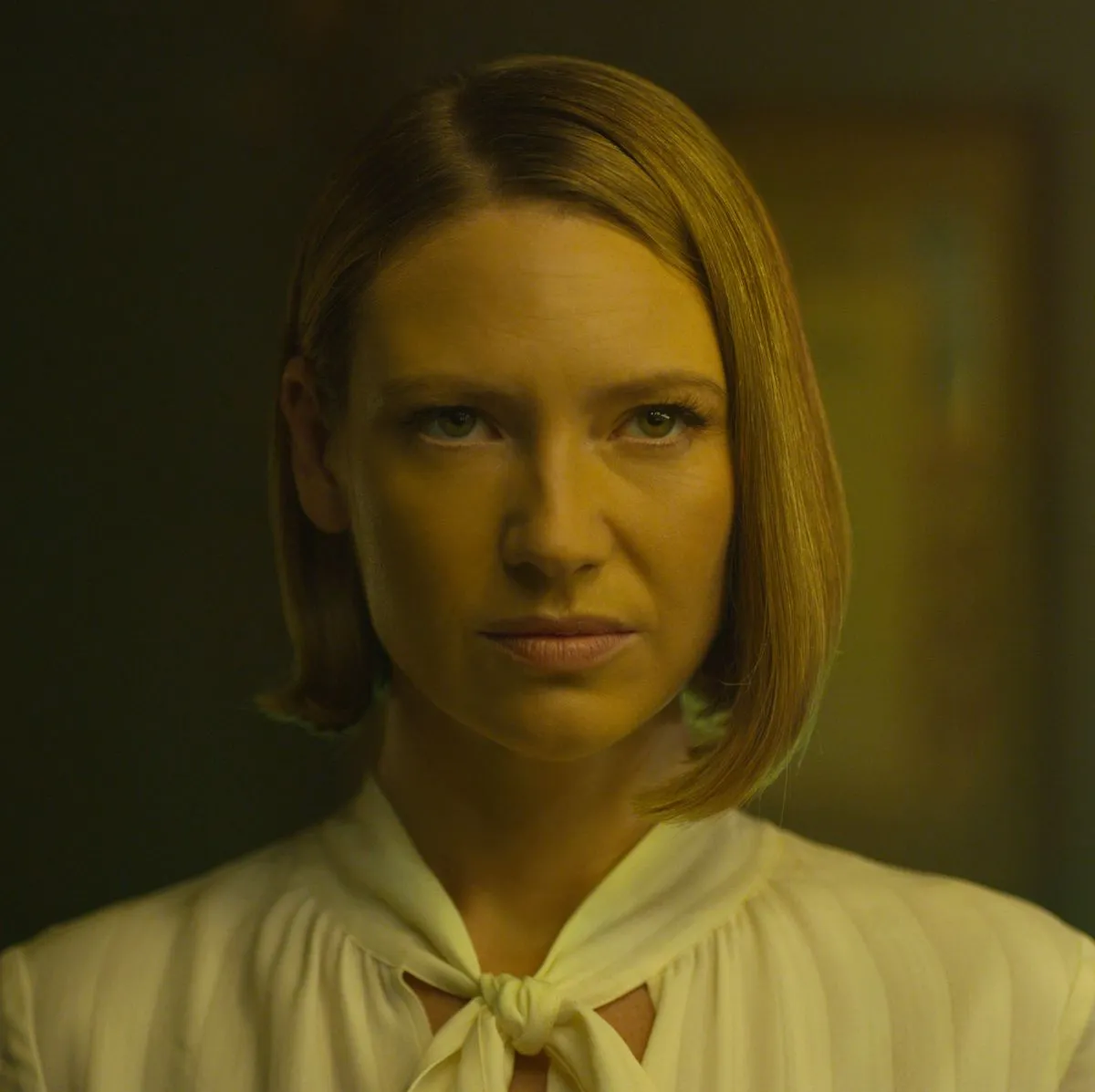
In the series, it's carried almost like a carbon copy. And I think it would have been impossible to do better. Also, a curious fact about this series is that it is absolutely cinematographic. It doesn't have a common format for series, even for those of the "intrigue or mystery" type. Those of us who have seen the director's filmography are accustomed to those shades of decoration between grey, opaque green and shades of black, but during its two fantastic seasons, Mindhunter is a master class in framing and shooting. It looks like a baroque art gallery. Give it a try, watch it and pause at every frame, and you'll see what I mean.
En la serie, es llevado casi como un calco. Y yo creo que hubiese sido imposible hacerlo mejor. Además, un hecho curioso de esta serie, es que es absolutamente cinematográfica. No tiene un formato común para series, incluso, para las que son del tipo "intriga o misterio". Quien hemos visto la filmografía del director, estamos acostumbrados a esos tonos de decoración entre el gris, el verde opaco y los matices del negro, pero es que durante sus dos fantásticas temporadas, Mindhunter es una cátedra de cómo hacer encuadres y tomas. Parece una galería de arte barroco. Hagan el intento, véanla y pausen en cada fotograma, y notarán lo que les digo.
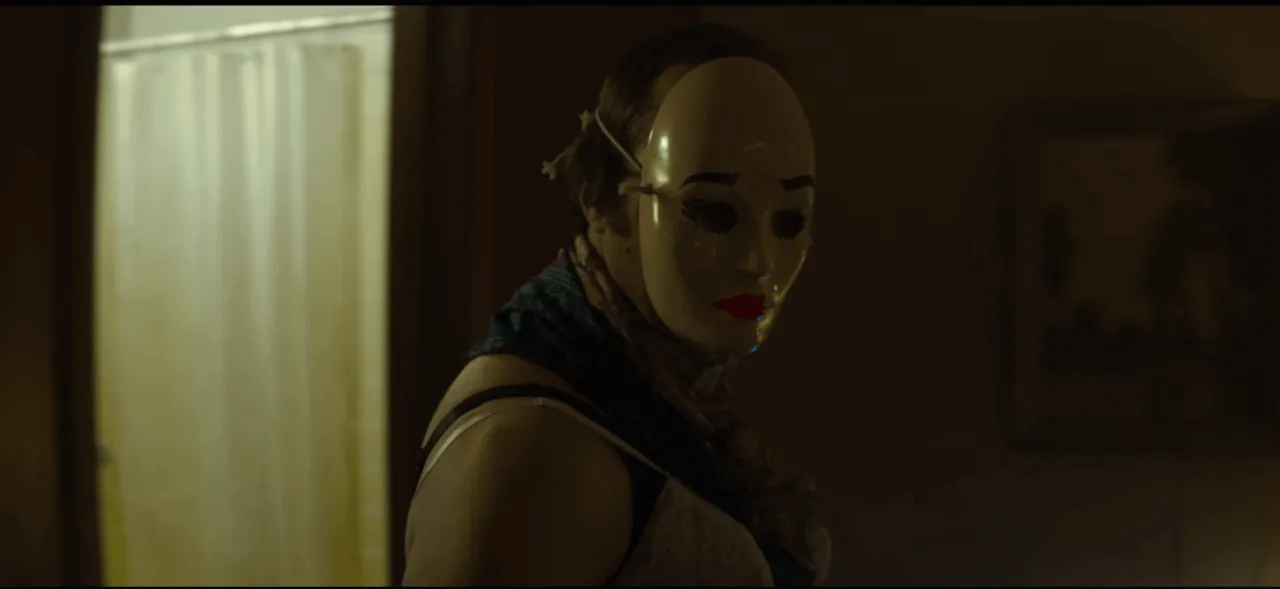
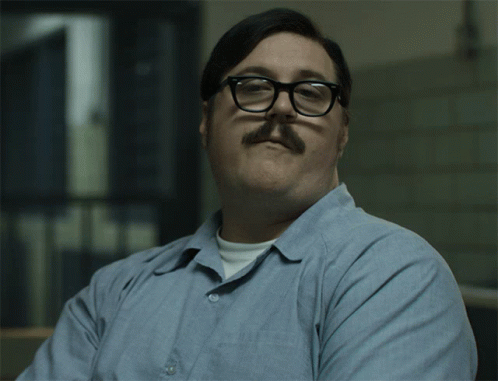
Back on topic, throughout the series we can see an idea come to life: "what makes these guys do what they do...". And no, it's not morbid. It's a genuine desire to answer a question that no one else has ever dared to address. The depth psychology approach that is palpable from episode one is breathtaking, jaw-dropping. Acts of possession, domination, rejection, humiliation, reward and power are themes that the series executes splendidly. Giving the viewer the ability to reflect as we witness the most bizarre and unscrupulous minds detailing what they did; yes, the director also plays with the criminal's point of view: victimisation, relativisation of guilt and plots are all on the menu.
On the other hand, Mindhunter employs another spectacular device to tell this complicated and interesting story, and that is how the characters are affected by the work they have to do. They are not immune to the harm they have to witness, investigate or document. In fact, some of what they do has a tremendous emotional impact on them. Panic attacks, personality change, evolution of inner evil and isolation are some of the many consequences of dealing with such subjects of interest. I believe that if you love cinema and have a predilection for thrillers, suspense and psychological approaches, this series will grab you right away and you will not be able to leave easily....
Volviendo al tema, durante toda la serie podemos ver cómo una idea cobra vida: "qué hace a estos tipos hacer lo que hacen..." Y no, no es morbo. Es un deseo genuino por responder a una pregunta que nadie más había llegado a atreverse a solucionar. El enfoque de psicología profunda que se puede palpar desde el episodio uno es impresionante, te deja boquiabierto. Actos como la posesión, dominación, rechazo, humillación, recompensa y poder, son temas que la serie ejecuta de manera espléndida. Brindándole al espectador la capacidad de reflexionar mientras somos testigos de cómo las mentes más bizarras y sin escrúpulos detallan lo que hicieron; eso sí, también el director juega con el punto de vista del criminal: victimización, relativización de la culpa y complots, todo está en el menú.
Por otro lado, Mindhunter emplea otro recurso espectacular para contar esta historia tan complicada e interesante, y es cómo afecta a los personajes el trabajo que tienen que hacer. No son inmunes al daño que tienen que presenciar, investigar o documentar, De hecho, parte de lo que hacen les genera un tremendo impacto emocional. Ataques de pánico, cambio de la personalidad, evolución del mal interior y aislamiento son algunas de las múltiples secuelas de tratar con este tipo de sujetos de interés. Considero que si amas el cine y tienes predilección por el thriller, el suspense y el enfoque psicológico, esta serie te atrapará enseguida y no podrás salir fácilmente....
But why is it important to collect, learn and recognise these aspects of the human personality? From my point of view, because they are absolutely common. Although the context we see in the series is criminal and with characteristics of consummate depravity, it is no less true that the core of these characteristics are common in almost all human beings. And it is mainly women who are most affected by succumbing to or not knowing how to properly interpret these concepts. However, this is not limiting, men, for the most part, use these personality traits to get what they want. To a greater or lesser extent, and from my point of view, that particular point is brilliant and is a contribution of the series that makes it invaluable.
Ahora bien, ¿por qué es importante recopilar, aprender y saber reconocer estos aspectos de la personalidad humana? Desde mi punto de vista, porque son absolutamente comunes. Si bien, el contexto que vemos en la serie es criminal y con características de depravación consumada, no menos cierto es que el núcleo de estas características son usuales en casi todos los seres humanos. Y principalmente las mujeres, son las más afectadas al sucumbir o no saber interpretar adecuadamente estos conceptos. No obstante, no es limitativo, los hombres, en su gran mayoría empleamos estas características de la personalidad para obtener lo que queremos. En mayor o menor medida, y desde mi óptica, ése punto en particular es brillante y es una aportación de la serie que la hace invaluable.
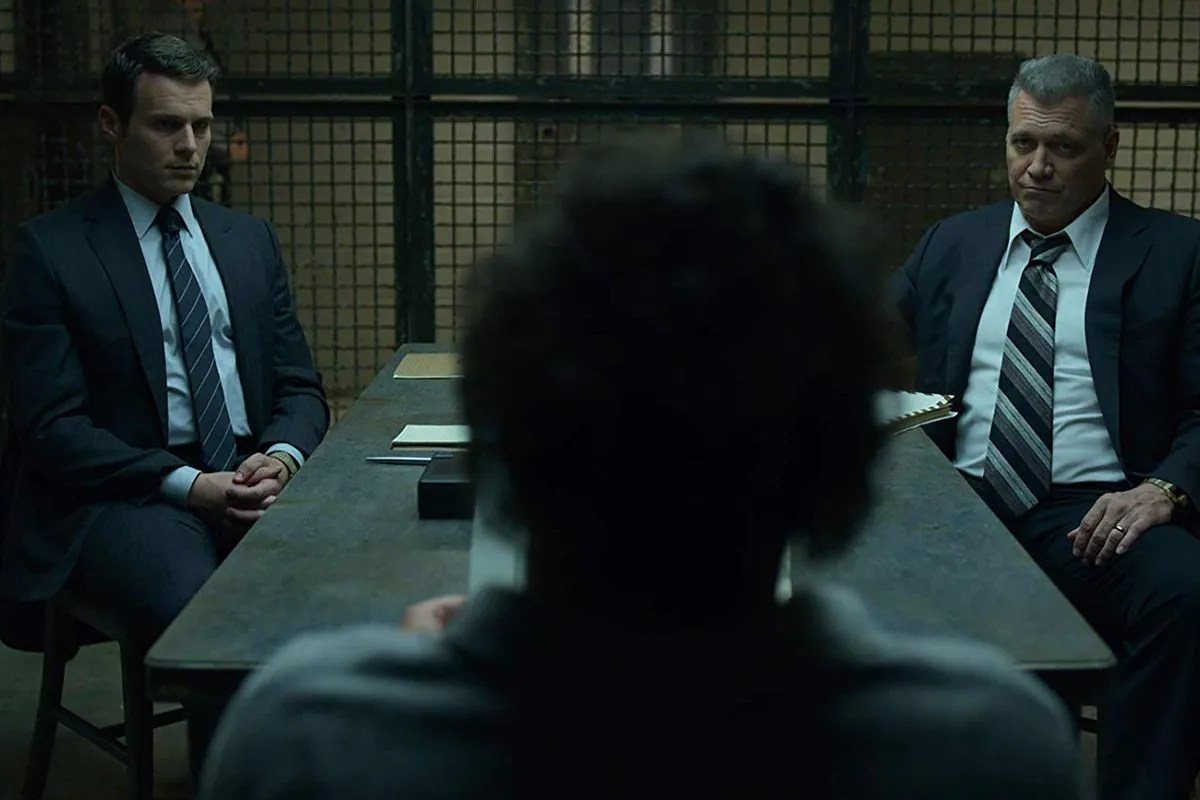
There are many studies of human behaviour, numerous. But none took more than a decade to compile the detailed aspects that take an individual from being affable, restrained to becoming a full-blown hunter; without empathy or moral boundaries. For this reason, Mindhunter, the series, cannot be conceived of without Mind Hunter, the literary work, in perspective. In that sense, this series is much more than cinema or entertainment. Perhaps, that very characteristic is what prevented it from developing as we all would have liked it to. You only have to look at the statistical numbers of the specialised critics, where it occupies the best and most ingenious valuations. Always at the top, and above all perceived as a necessary series for a real approach to an evil that can sometimes be romanticised (Yes, I am referring to "Dahmer", the series. Although I will talk about that another day...)
To conclude, the series has only two seasons that saw the light of day. They are available in the Netflix catalogue, and as of this writing, I haven't found anyone who has rated it as "negative, boring or impossible to understand ....". On the contrary, it is a gem, with a loyal and, above all, critical audience. An intelligent series, masterfully executed and with aspects as profound and addictive as those that Dr. Cleckley (author of The Mask of Sanity, which I recommend reading) explained in his diagnostic work. It's a pity that this is the end of this cinematographic creation, I would have liked it to end with the development of a mysterious character that from chapter one has been looming, but it won't be....
Hay muchos estudios del comportamiento humano, numerosos. Pero ninguno tomó más de una década para recopilar los aspectos detallados que hacen que un individuo pase de ser afable, comedido a convertirse en un cazador en toda la regla; sin empatía ni límites morales. Por esta razón, no se puede concebir a Mindhunter la serie, sin tener en perspectiva a Mind Hunter, la obra literaria. En ese sentido, esta serie es muchísimo más que cine o entretenimiento. Quizá, ésa misma característica fue lo que impidió que se desarrollara como a todos nos hubiera gustado. Solo hay que fijarse en los número estadísticos de la crítica especializada, donde ocupa las mejores y más ingeniosas valoraciones. Siempre en el top, y sobre todo percibida como una serie necesaria para una real aproximación a un mal, que a veces, puede llegar a ser romantizado (Si, me refiero a "Dahmer", la serie. Aunque de eso hablaré otro día...)
Para concluir, la serie cuenta con únicamente dos temporadas que vieron la luz en emisión. Están disponibles en el catálogo de Netflix, y hasta la fecha que escribo estas líneas, no he hallado a nadie que la valore como "negativa, aburrida o imposible de entender...." Todo lo contrario, es una joya, y que cuenta con una audiencia fiel y sobre todo crítica. Una serie inteligente, magistralmente ejecutada y con aspectos tan profundos y adictivos como los que el doctor Cleckley (autor de La Máscara de la Cordura, que recomiendo lean) explicaba en su obra diagnóstica. Una lástima que este sea el final de esta creación cinematográfica, me habría gustado que terminara con el desarrollo de un personaje misterioso que desde el capítulo uno asomaba su andar, pero no podrá ser...
